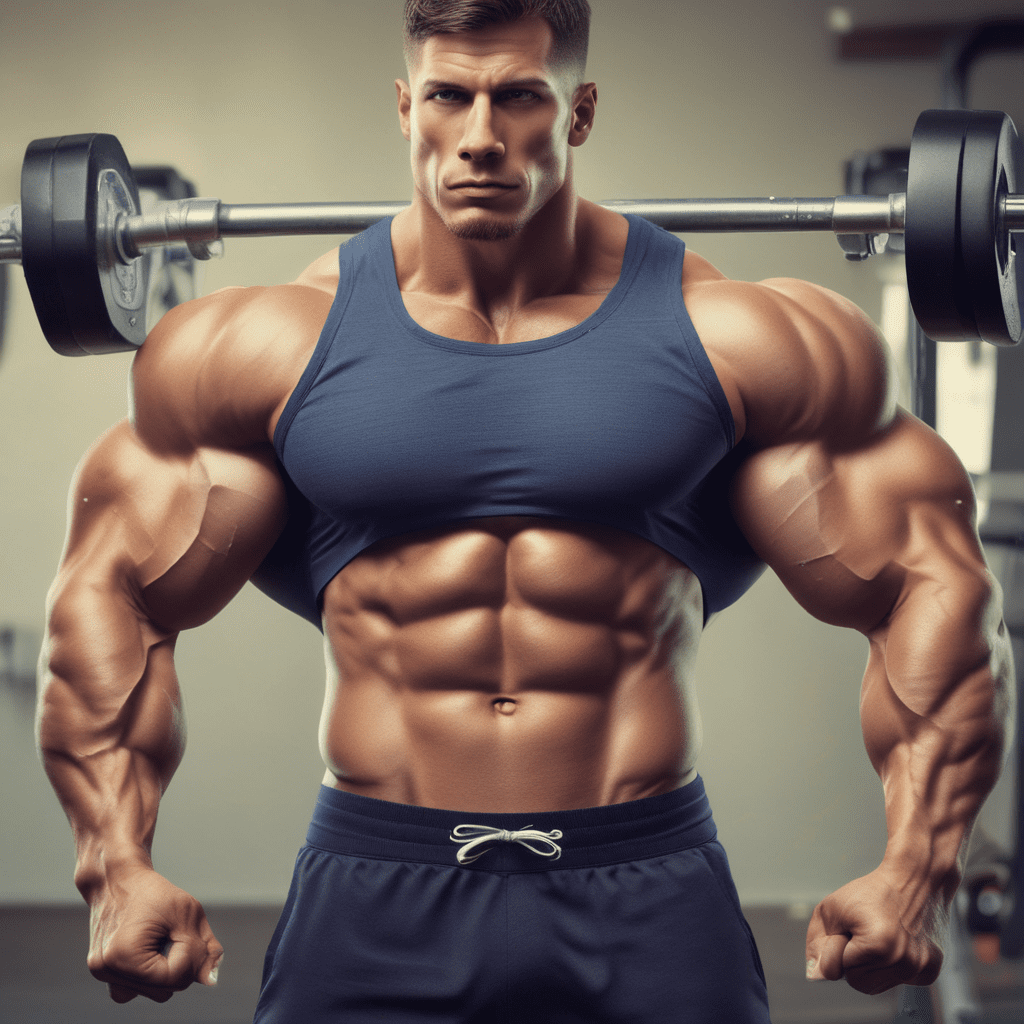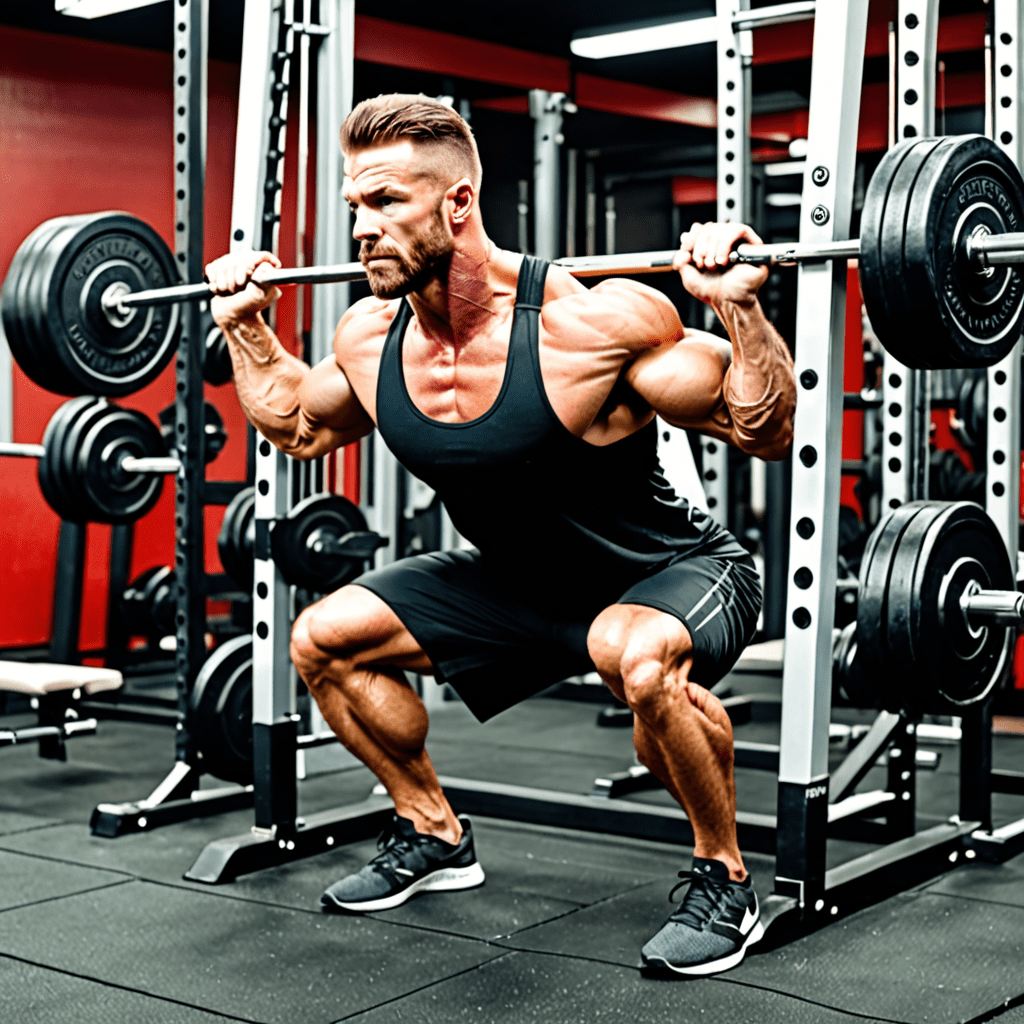
Muscle Building and High-Protein Diets: Benefits for Muscle Repair
In the realm of health and fitness, the relationship between muscle building and high-protein diets is a topic of significant importance. Understanding how protein-rich diets contribute to muscle repair and growth is essential for those looking to optimize their fitness routine. Let’s delve into the benefits of high-protein diets for muscle repair.
1. Importance of Protein in Muscle Repair
Proteins are the building blocks of muscles, playing a crucial role in the repair and growth of muscle tissues. When we engage in physical activities that stress our muscles, such as strength training or intense workouts, small tears occur in the muscle fibers. Protein is essential for repairing these tears and promoting muscle recovery.
2. Role of Amino Acids in Muscle Repair
Within proteins, there are amino acids, the fundamental components that aid in muscle repair. Amino acids, especially essential amino acids that the body cannot produce on its own, are integral for rebuilding and strengthening muscles post-exercise. High-protein diets provide the necessary amino acids to support effective muscle repair.
3. Protein Intake for Muscle Building
For individuals focused on muscle building, consuming an adequate amount of protein is paramount. Experts often recommend a daily protein intake of around 1.2 to 2.2 grams per kilogram of body weight for those engaged in muscle-building activities. This helps ensure that the body has enough protein to support muscle repair and growth.
4. Timing of Protein Consumption
The timing of protein consumption is also crucial for optimizing muscle repair. Consuming protein-rich foods or supplements shortly after a workout can enhance muscle recovery. This post-workout window is when muscles are particularly primed for protein absorption, aiding in the repair process.
5. Benefits of High-Protein Diets
High-protein diets offer several benefits beyond muscle repair. They can help increase feelings of fullness, support weight management, and boost metabolism. Additionally, a protein-rich diet can aid in preserving lean muscle mass, especially during periods of weight loss or calorie restriction.
6. Variety of Protein Sources
When incorporating high-protein foods into your diet, opt for a variety of sources to ensure you receive a complete range of amino acids. Good sources of protein include lean meats, poultry, fish, eggs, dairy products, legumes, nuts, and seeds. Diversity in protein sources can also add richness to your diet.
7. Consultation with a Nutrition Expert
While high-protein diets can be beneficial for muscle repair, it is advisable to consult with a nutrition expert or dietitian to personalize your protein intake based on your specific fitness goals and overall health. They can provide guidance on achieving the right balance of macronutrients for optimal muscle repair and overall well-being.
FAQ: Muscle Building and High-Protein Diets
What is the role of high-protein diets in muscle repair?
High-protein diets are crucial for muscle repair as proteins are the building blocks of muscles. Consuming sufficient protein ensures the body has the necessary amino acids to repair and grow muscles post-workout.
How does muscle building contribute to overall health?
Muscle building not only enhances strength and endurance but also boosts metabolism, aids in weight management, and supports overall physical function. It can also improve bone density and reduce the risk of injuries.
How much protein should one consume for optimal muscle repair?
The recommended protein intake for muscle repair varies depending on factors like age, weight, and activity level. Generally, aim for 1.2 to 2.2 grams of protein per kilogram of body weight to support muscle repair and growth effectively.
Can high-protein diets benefit individuals not involved in intense workouts?
Yes, high-protein diets can benefit individuals not involved in intense workouts by promoting satiety, preserving lean muscle mass, and supporting overall health. Protein is essential for various body functions beyond muscle repair.


